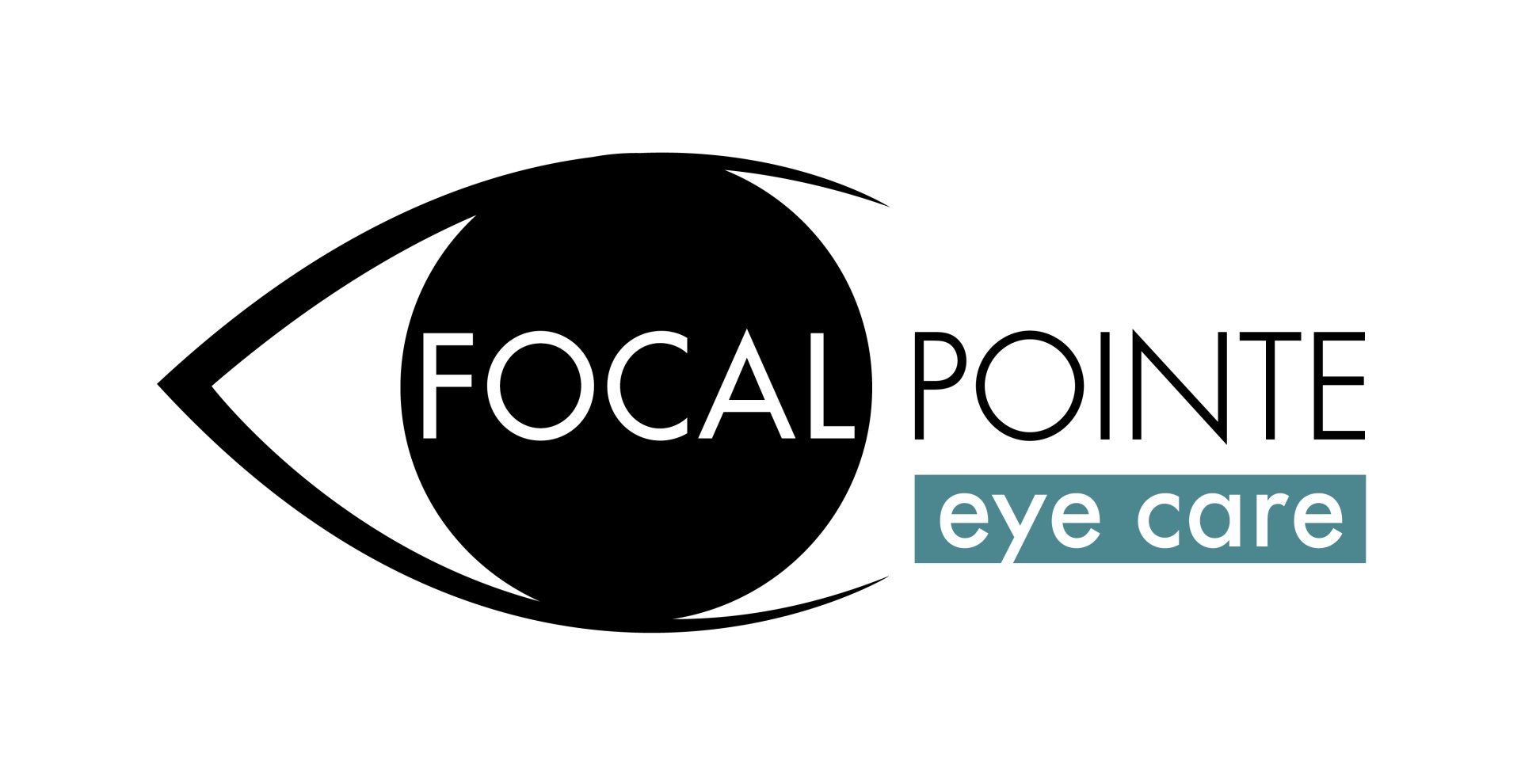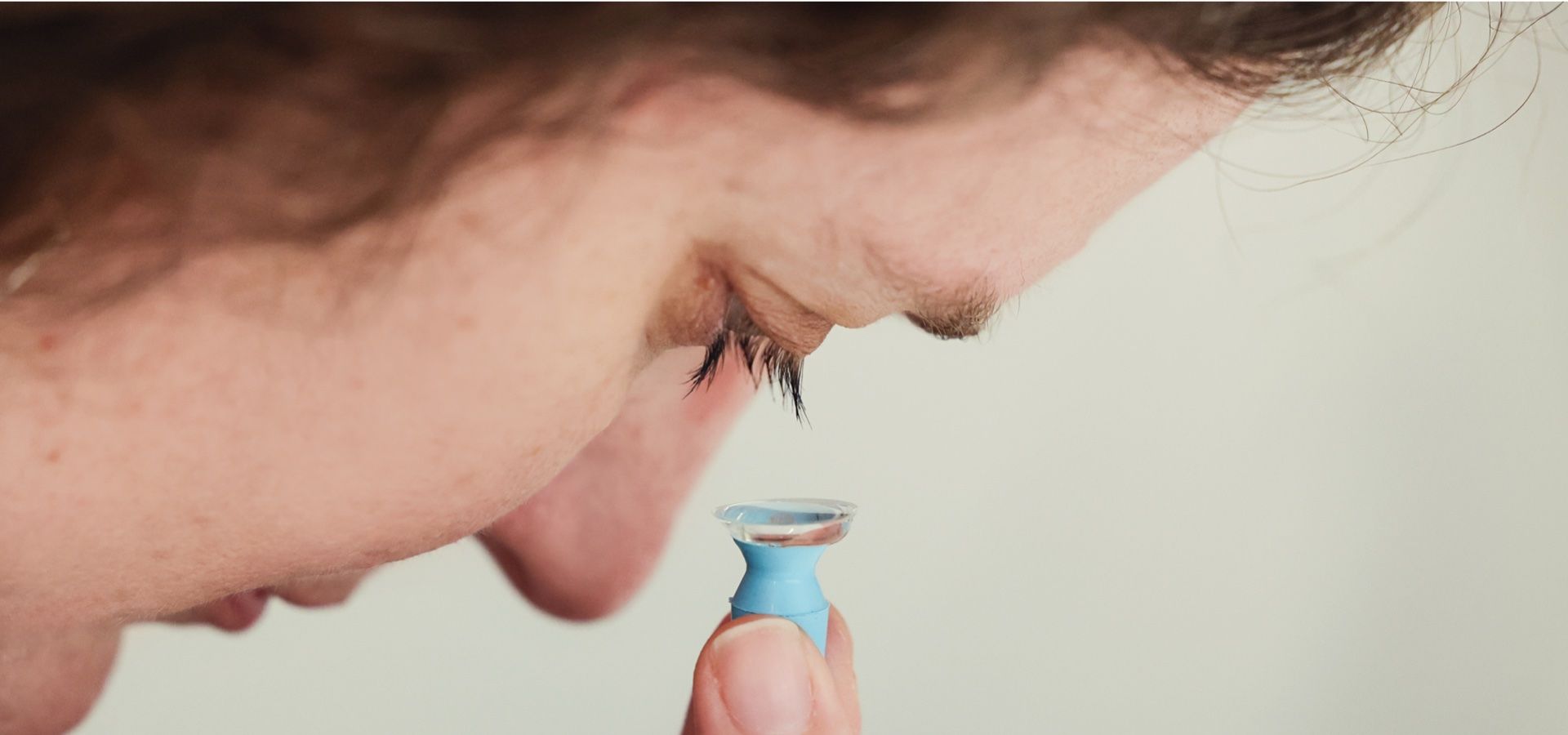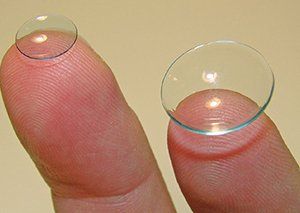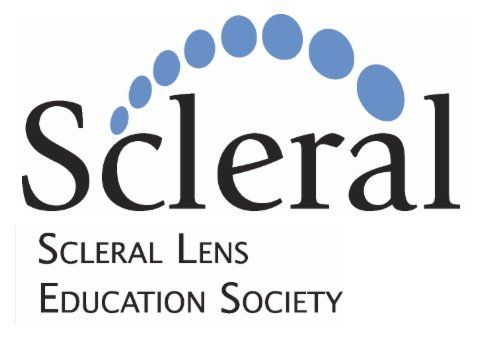ALTERNATIVES TO REGULAR CONTACTS LENSES
Schedule a Consultation
WHAT ARE SCLERAL LENSES
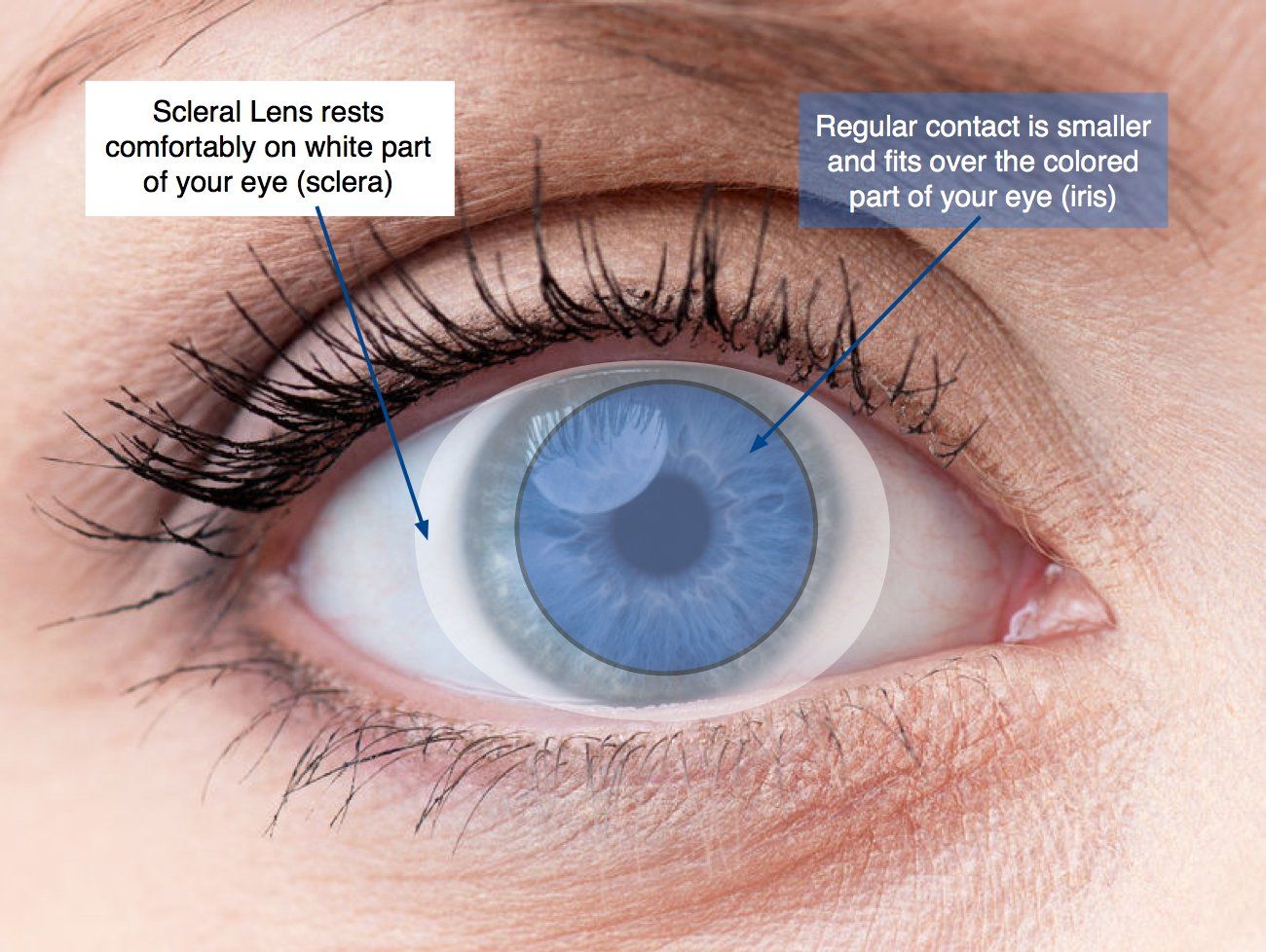
WHY CHOOSE FOCAL POINTE FOR SCLERAL LENSES
HOW DOES A SCLERAL LENS WORK?
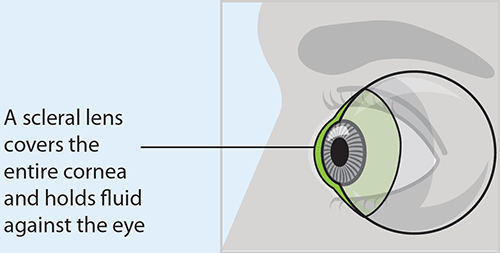
WHY IS A SCLERAL LENS RIGHT FOR YOU?
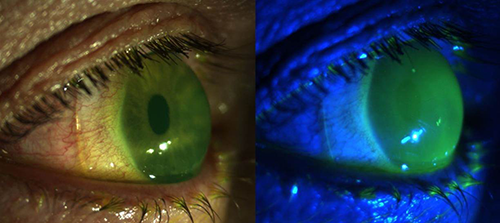
Rita P's Specialty Contact Lens Experience
I live in Northern Kentucky and make the trip to see him in West Chester. The trip is always worth it.
WHO IS A CANDIDATE FOR SCLERAL LENSES?
Medical Eye Conditions
- Corneal ectasia such as keratoconus, pellucid marginal degeneration, and keratoglobus
- Corneal deformities following a corneal transplant (keratoplasty) or refractive treatment such as LASIK and radial keratotomy (RK)
- Severe dry eye due to disorders of the lacrimal gland such as keratoconjunctivitis sicca, Sjogren’s syndrome, and graft-versus-host disease
- Corneal surface irregularities due to ocular surface disease, anterior corneal dystrophies, and scars
- Neurotrophic keratitis resulting from herpes simplex or zoster keratitis, diabetes, and other nerve disorders
- Recurrent corneal epithelial erosions due to a fragile epithelium
- Intolerance to traditional contact lenses
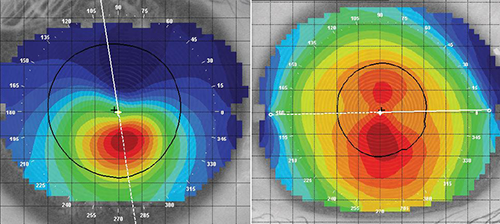
Other eye conditions
- Thinning or bulging of the front of your eye (keratoconus)
- Eye shape irregularities following eye surgery like Lasik, RK, PRK, or eye injury
- Severe dry eye symptoms
- Nerve disorders of the eye
- Patients experiencing recurring corneal erosion
- Traditional contact lenses aren't comfortable or effective
HOW TO USE SCLERAL LENSES
Because scleral contacts are larger than other contact lenses and they are designed to contain fluid, the steps to insert and remove them are different.
This video demonstrates the proper steps to insert and remove scleral lenses.
